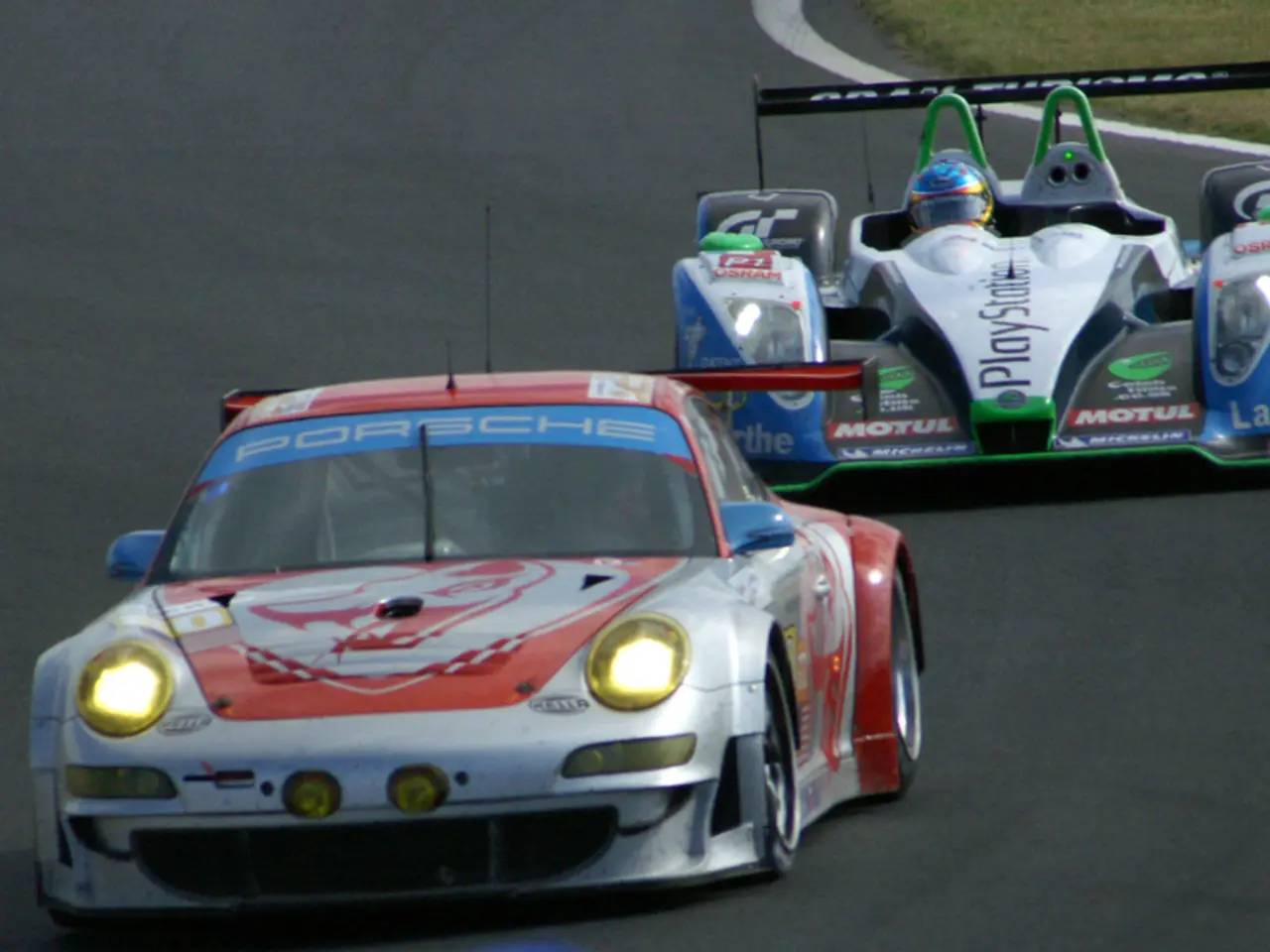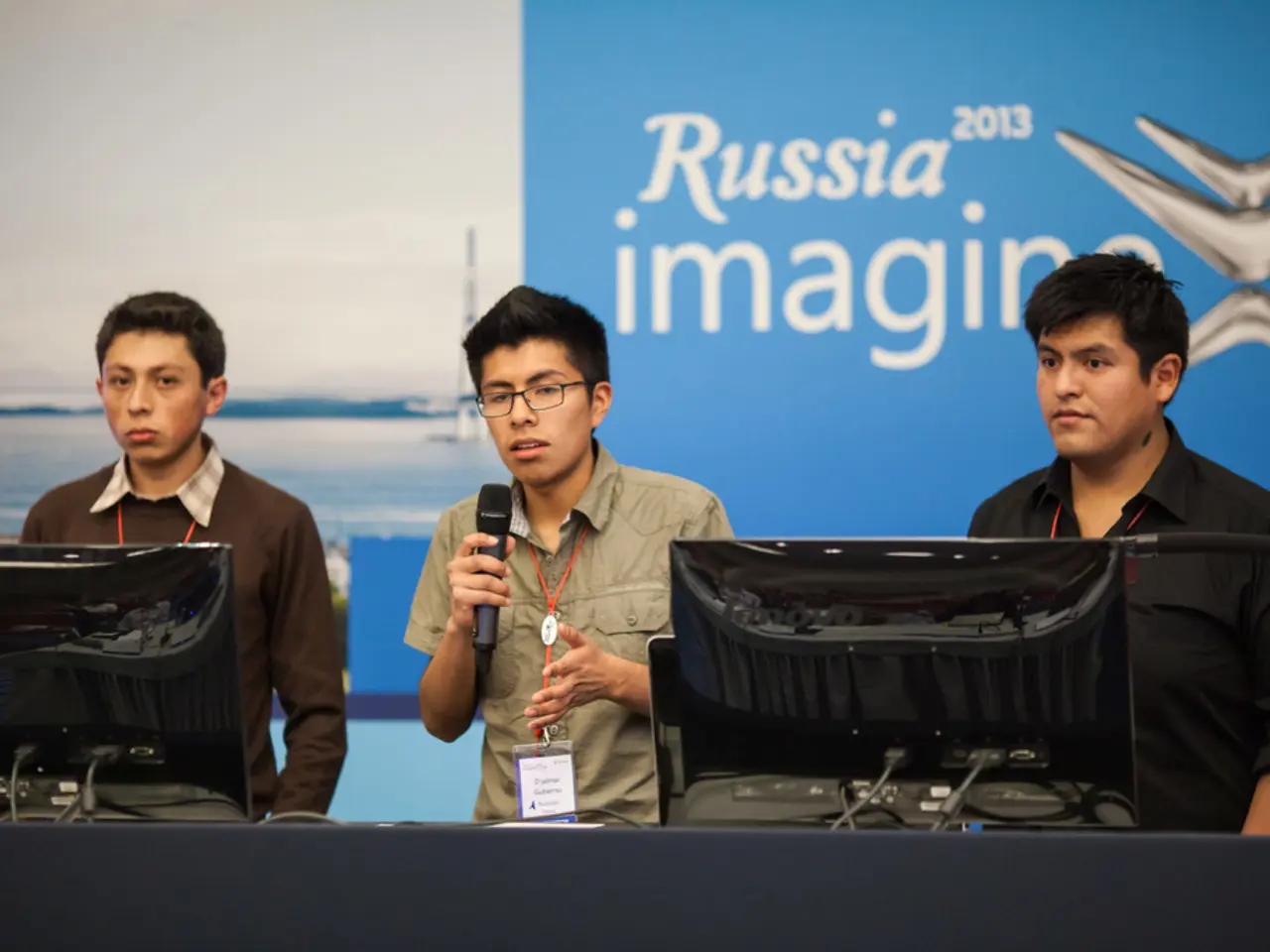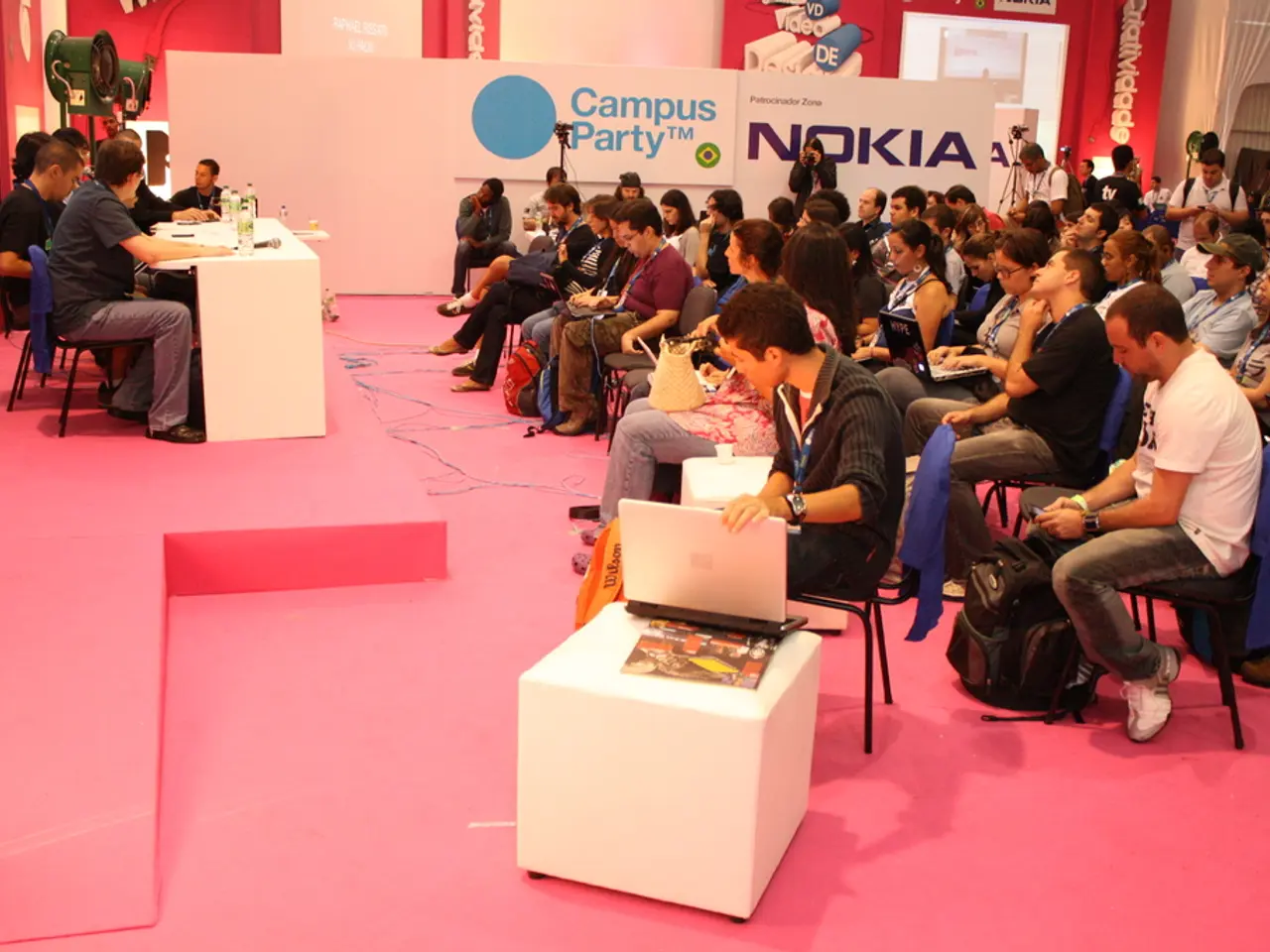Crisis looms over Upper Palatinate auto manufacturers as they face temporary work, job reductions, and business closures.
The Upper Palatinate automotive suppliers are currently grappling with a significant crisis, marked by supply chain disruptions and pressures due to the ongoing transformation in the automotive industry, particularly the shift towards electric vehicles (EVs). This predicament has led the influential German metalworkers' union, IG Metall, to call for support measures to stabilise these suppliers.
The root of this crisis lies in the transition from traditional internal combustion engines to EVs, which necessitates automotive suppliers to adapt swiftly. Suppliers in the Upper Palatinate region, a key automotive cluster in Bavaria, are confronted with the decline of demand for traditional components and increasing pressure to invest in new technologies like battery systems and electronics.
IG Metall's call for support encompasses several key points. They advocate for increased public investment in research and development to help suppliers innovate and retool. Policies aimed at maintaining employment and workforce upskilling during the transition are also crucial. Strengthening domestic supply chains for critical materials, such as lithium for batteries, reduces dependence on global imports and mitigates supply risks in batteries vital for EVs. Lastly, encouraging industry clustering and cooperation enhances competitiveness in the evolving sector.
The impact of this crisis on Upper Palatinate automotive suppliers is multifaceted. Job insecurity, financial stress, and the risk of deindustrialization loom large if adaptation strategies are insufficient. However, these challenges also present opportunities for innovation and repositioning within the European battery and EV ecosystem.
According to a report by the World Economic Forum, by 2025, 85 million jobs may be displaced by automation. Conversely, the same report suggests that 97 million new jobs could be created, signifying potential growth opportunities for the Upper Palatinate's automotive sector. The shift towards remote work, driven by the pandemic, will require continuous learning and adaptation from workers. A survey by FlexJobs found that 57% of workers would prefer to work remotely full-time, while 38% would prefer a hybrid arrangement.
In summary, the Upper Palatinate automotive suppliers are in a phase of critical disruption due to electrification trends. IG Metall is pushing for coordinated support involving public funds, strategic supply chain development, and workforce measures to ensure the long-term viability of this key industry cluster amid global competition and technological change.
Other sports might provide temporary relief for workers in the Upper Palatinate's automotive sector during this transitional phase. The recent surge in popularity of e-sports, particularly in virtual racing and simulation games, could offer an opportunity for workers to sharpen their problem-solving skills and adapt to new technologies.
Weather patterns could also have a significant impact on the production and transportation of critical materials for EV batteries, such as lithium. Investing in infrastructure to ensure consistent energy sources for battery production and implementing measures to combat potential disruptions caused by extreme weather events could help mitigate these risks.






